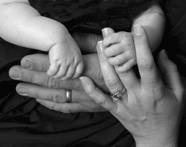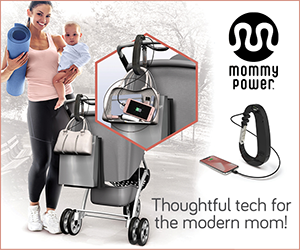Parental Leave Around the World
Heather J. Mills


Did You Know…?
- In 2007, Spain announced a pay-out of $3,500 for each new baby born.
- To increase Germany’s low birth rate,the government recently overhauled the parental leave system to include generous incentives for parents.
- Scandinavian countries have the most generous maternity and paternity leave systems.
- In Italy, full-time working mothers are entitled to two hours of rest a day for the first working year post-birth.
- Japan’s birth rate is one of the lowest in the world.
- In Canada, self-employed women and contract workers are not eligible to receive maternity leave benefits, since they do not pay money into Employment Insurance.
- The United States has one of the least developed family policy systems in the world.
- Adoptive parents are usually entitled to the same rights and leave time as birth parents, with the only exception being the weeks taken by the pregnant mother immediately pre-delivery.
- Despite relatively attractive incentives,only 18% of Swedish fathers take their share of parental leave. In Norway,almost 80% of fathers take leave.
- In Japan, the idea of paternity leave is considered amusing. The government is currently trying to change this attitude by offering paternal incentives.
- Bulgaria’s family policy is very generous: mothers get two years of maternity leave at a set rate.
- The length of maternity leave in France increases with each child the couple has. (France also has a very progressive childcare system)
- Women in Kenya receive two months paid maternity leave. However, taking this maternity leave means that all other yearly leave privileges are forfeited.
- In Vietnam, female employees who are at least seven months pregnant or are raising a child under one year of age cannot work overtime, at night, or in a ‘distant location’.
- Maternity leave benefits in Singapore are not extended to women giving birth to their fifth child.
- In Canada…If a women needs to take time from her job before she gives birth, it is considered sick leave (maternity leave occurs after the baby is born). If you have been with the employer for more than three months, you are entitled to sick leave.
- The Universal Child Care Benefit is paid to all families with children under the age of six. Recipients get$100 per month. The Canada Child Tax Benefit is a tax-free monthly supplement made to eligible families with children under the age of 18.




